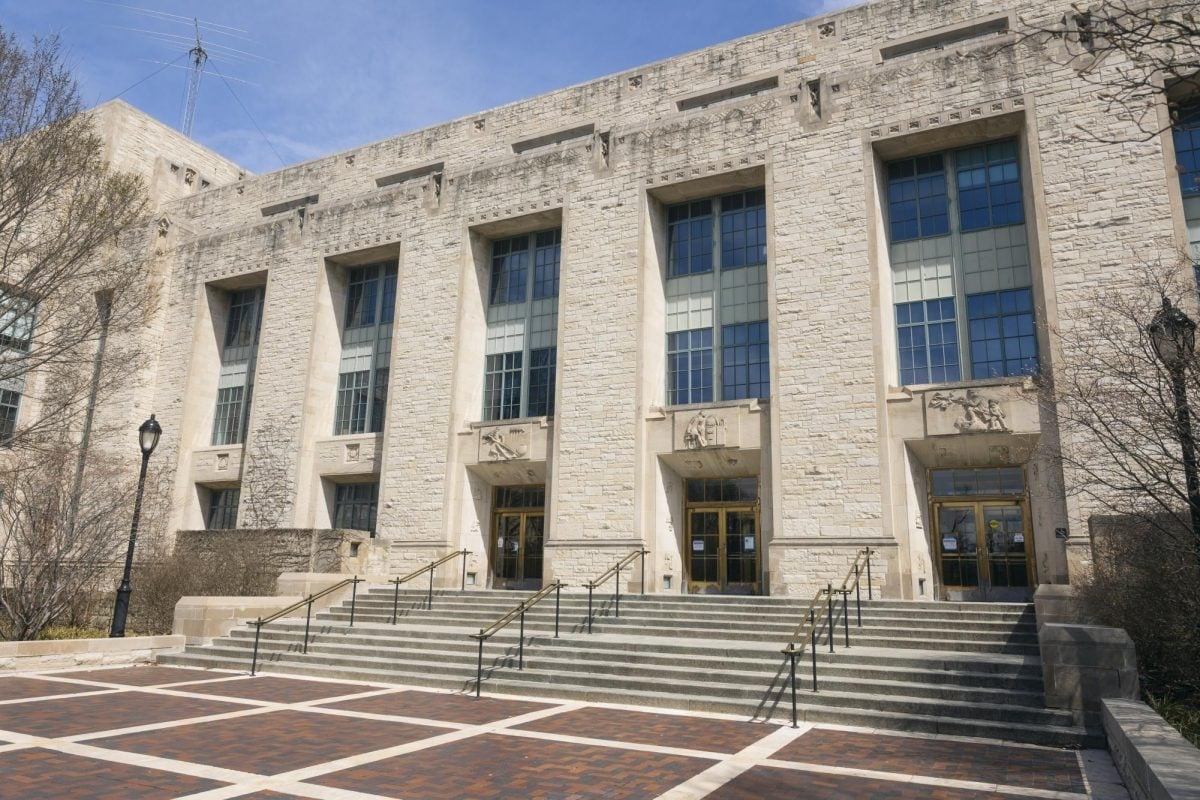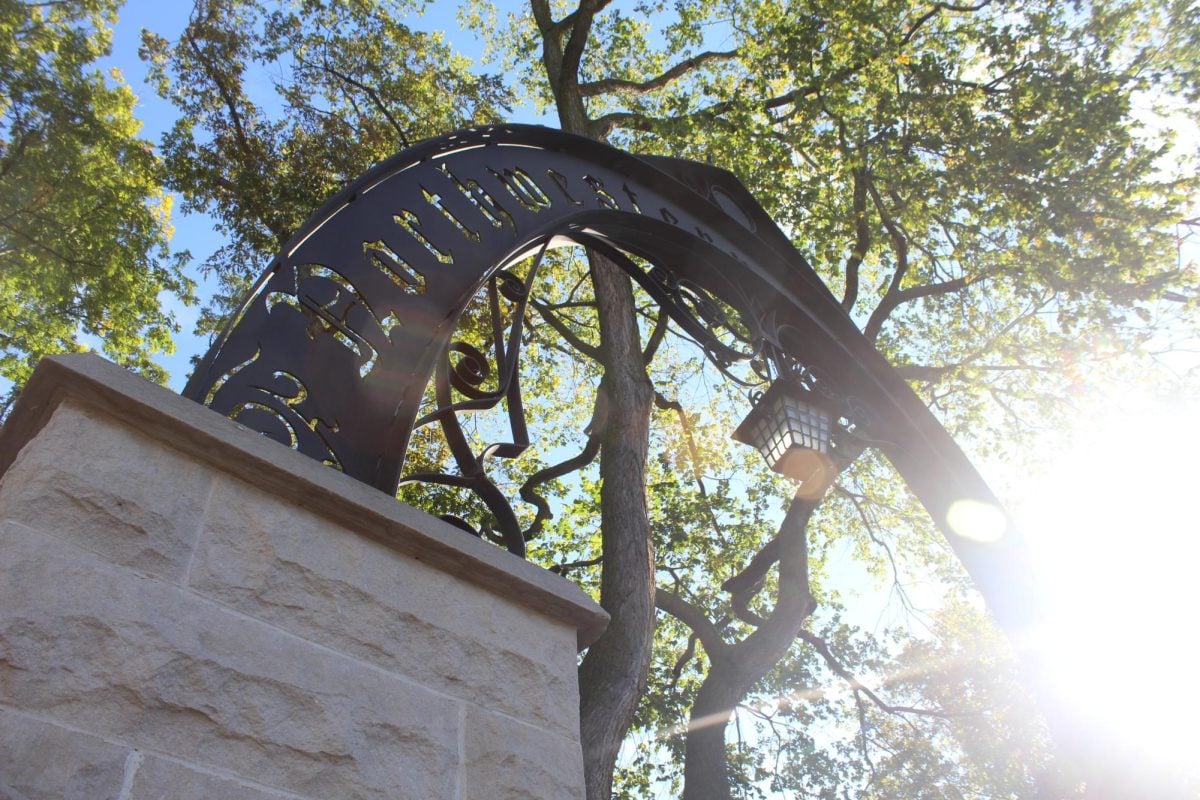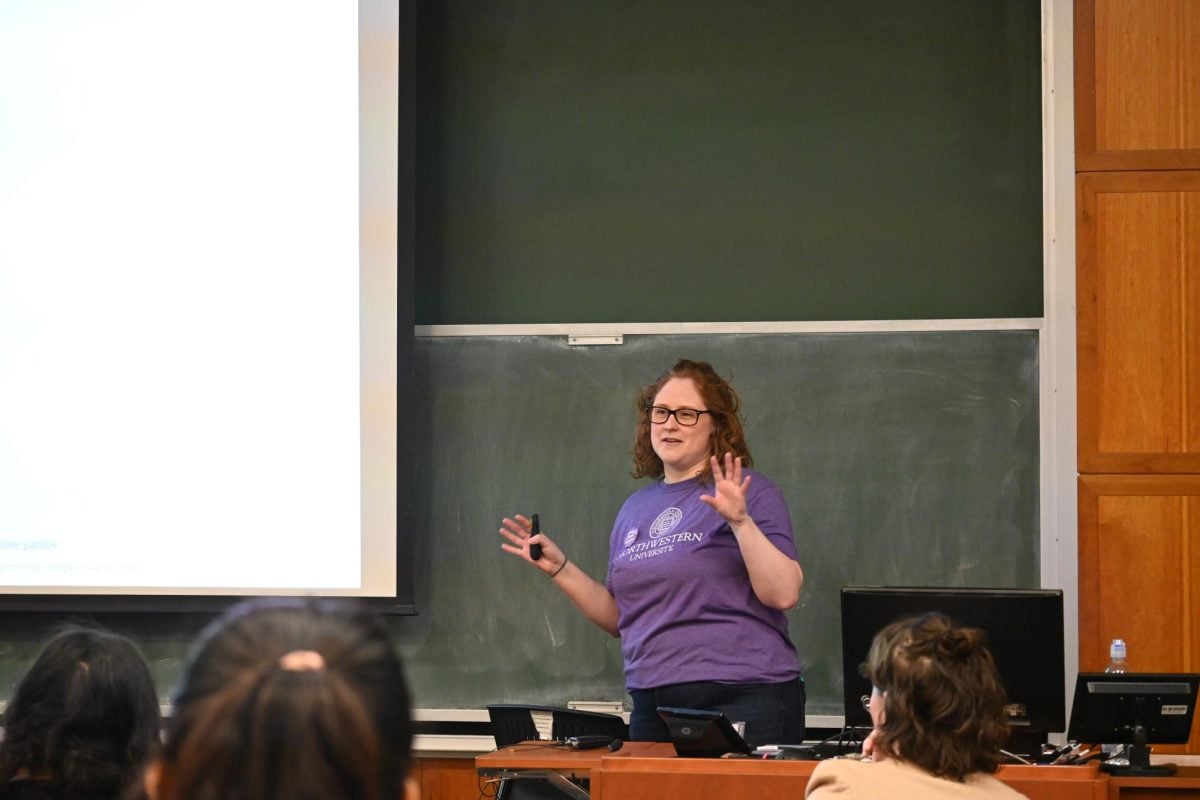A report five McCormick students wrote last spring has prompted Evanston to announce plans to install three solar-powered electric car charging stations. The report was the result of a quarter-long project in McCormick Prof. Mark Werwath’s class last year.
The project is a partnership between the City of Evanston and I-GO, a non-profit car sharing company that operates in Chicago and the surrounding suburbs. Founded in 2002, I-GO has been focusing on transitioning into a greener company for a few years.
Werwath asks senior McCormick students in his Industrial Engineering and Management Sciences 393 class to work on real-world design projects. Ximena Arias, Carolina Pardo, Harsha Patel, Stefano Pianura and Santiago Valdez chose this topic.
“(The group) had to research electric car chargers, justify the funding, complete traffic studies and research three or four city garages in Evanston,” Werwath said.
Richard Kosmacher, director of business development at I-GO, said the move “is part of a bigger network of charging stations, vehicles and solar canopies.”
Kosmacher said car sharing is inherently environmentally sustainable because it reduces the number of cars running in a community. The company recently decided to purchase electric vehicles and solar “canopies” for Chicago, Oak Park and Evanston.
“It’s a very important component to meeting our mission to help reduce emissions in the greater Chicago area,” Kosmacher said. “The fact that Evanston was so willing to work with us to place these canopies, that’s the key.”
Kosmacher said each canopy can charge up to four electric vehicles at a time, two of which are reserved for I-GO cars and the other two for the general public. What makes these canopies so special, Kosmacher said, is that the canopies are powered by solar panels on top of the structures. Kosmacher said if they did not use solar power to charge the vehicles, the power would come from coal-fired power plants.
The 37-page report provided the city and I-GO with recommendations including locations for the stations, number of stations and financial considerations.
I-GO chose three locations for the stations: 1702 Chicago Avenue, 825 Hinman Avenue and 2122 Central Street. The company will start with six electric vehicles from Nissan and Mitsubishi, Kosmacher said, and may expand in the future.
“If a student ever wonders if they have any impact at all on changing the system, they should rest assured they have a lot of ways they can change it,” Werwath said. “They just need to get involved.”
Correction: A previous version of this story misstated one of the cities where I-GO recently decided to purchase electric cars and solar canopies. The city is Oak Park. A previous version of this story also neglected to mention alternative energy sources for the electric cars if solar power is unavailable at a charging stations. The current version has been edited for clarity on this topic. The Daily regrets these errors.







